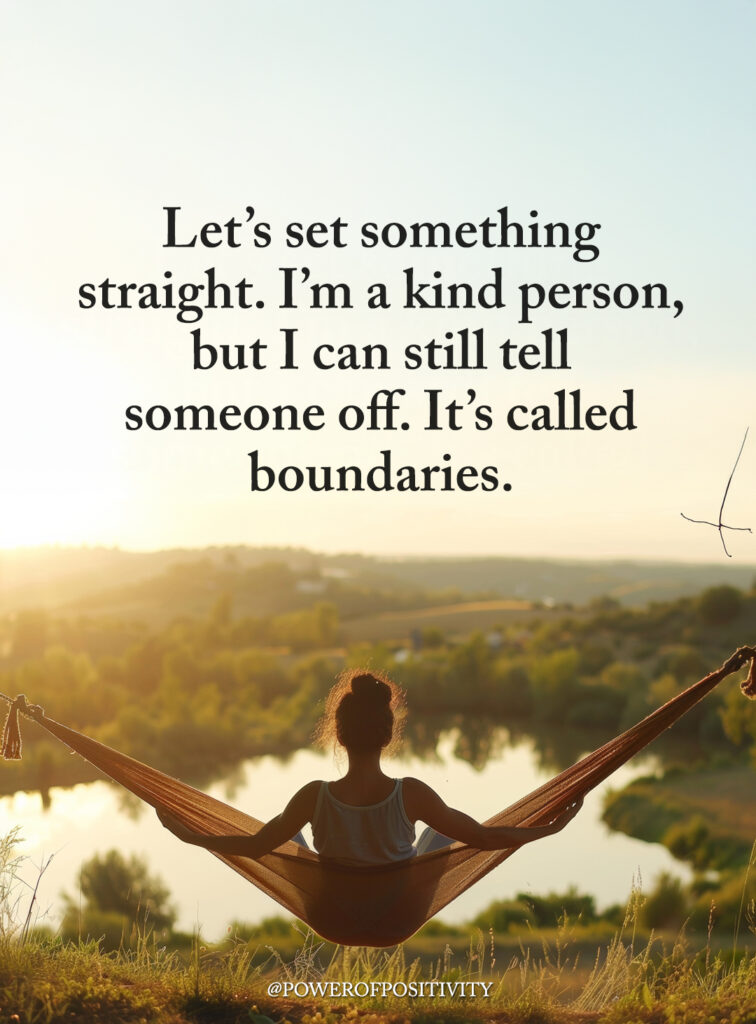Good friends do more than just share laughs and stories. They play a big part in how happy and calm we feel each day. Studies even show that strong friendships can lower stress, boost our mood, and support better physical health. Having people you can count on is linked to longer life and fewer health problems.
Not every friendship feels the same, though. Some relationships bring joy and comfort, while others leave us feeling drained. A healthy friendship isn’t about being perfect or always agreeing. It’s about feeling safe, respected, and valued for who you really are.
This piece focuses on the signs of a healthy friendship you’ll want to keep close. These are the habits and behaviors that show your bond is strong, supportive, and worth holding onto. If you recognize them in your own friendships, you’ve got something special to cherish.
Trust and Safety Come First
A strong friendship begins with the feeling that you can truly be yourself. You don’t have to act perfect, hide flaws, or put on a mask. Real friends accept the good and the bad, and that kind of acceptance makes you more confident and at ease.
Signs of trust and safety include:
- They like you as you are, without asking you to change.
- You feel calm being yourself, even on tough days.
Being honest is another part of a healthy friendship. The truth is shared with kindness, not used to hurt you. You can admit mistakes or talk about your worries without feeling judged. That level of honesty builds deeper connection.
Ways honesty shows up:
- Friends give feedback gently, not harshly.
- You can share doubts without fear of rejection.
Loyalty matters, too. A real friend will stand up for you, even when you’re not around. They don’t gossip or speak badly behind your back. Instead, they protect your name and show they respect you.
True loyalty looks like:
- Defending you if someone talks down about you.
- Choosing not to spread rumors or secrets.
Trust, honesty, and loyalty make you feel safe, and that’s the base of every healthy friendship.
Respect That Runs Deep
Every friendship needs respect to last. A healthy friendship gives both people room to have their own lives. You can say “no” to plans or ask for space without feeling guilty. That freedom shows your friend values your time and choices.
Examples of respect for boundaries:
- They don’t push when you need rest or quiet.
- You’re not made to feel bad for putting yourself first.
Differences in opinion don’t have to break a bond. Good friends can disagree and still care about each other. Respect allows each person to think freely without turning every conversation into a fight.
How respect for opinions shows:
- You can share different views without anger.
- They listen even when they don’t agree.
Healthy friendships also mean you can have other circles. Insecure friends may feel jealous, but a true friend doesn’t see outside connections as a threat. Trust removes the need for control.
Comfort with other friendships looks like:
- Being happy when you spend time with other people.
- Encouraging you to grow your social world.
Respect in these small, everyday ways is what keeps a healthy friendship steady and strong.
Growth That’s Shared
A healthy friendship helps both people grow. You learn new ideas, try new things, and see life from fresh angles because of each other. That exchange makes life richer and more interesting.
Learning in friendship often looks like:
- Sharing hobbies or skills.
- Introducing each other to new books, shows, or experiences.
Good friends also inspire. They make you want to be better, not by competing but by encouraging you. Admiration grows from respect, not jealousy. You feel proud to know them and motivated to keep improving yourself.
Signs of inspiration:
- Feeling encouraged after spending time together.
- Admiring their work ethic, kindness, or humor.
Support through change is another clear sign. Life never stays the same, and a healthy friendship adapts. When one of you is trying something new, the other cheers you on instead of holding you back.
Support during transitions includes:
- Offering honest advice with kindness.
- Celebrating progress, even in small steps.
Growth that is shared makes both people stronger. When your friend grows, you grow too.
Effort and Presence That Matter
Friendships last when both people make the effort. You don’t need daily contact, but when it counts, a healthy friendship shows up. Even with busy schedules, a quick message or a coffee catch-up proves the bond is important.
Ways effort is shown:
- Checking in during busy weeks.
- Finding time for short but meaningful meet-ups.
Listening is another piece of effort. Real friends don’t just hear words; they pay attention and remember. From favorite foods to serious struggles, they notice details that matter. This makes you feel valued and cared for.
Listening in practice:
- Remembering birthdays or important dates.
- Asking follow-up questions about past conversations.
Celebrating wins adds joy to the bond. True friends are excited for you, whether it’s a small achievement or a big milestone. Their happiness multiplies yours.
Celebration in friendships looks like:
- Cheering for you when you succeed.
- Sharing genuine excitement for your good news.
Effort, attention, and presence show that the friendship matters and isn’t taken for granted. That’s the heart of a healthy friendship.
Keeping Healthy Friendships Strong
Even the best friendships need care. Small, steady actions are what keep them healthy. A quick text, a short check-in, or a shared ritual like weekly calls makes a big difference.
Simple habits that strengthen bonds:
- Consistency in showing up, even in little ways.
- Celebrating each other’s lives without waiting for big events.
Balance is key. A healthy friendship isn’t one-sided. Both people give and both receive. If only one person carries the effort, it can feel draining.
How balance shows:
- Both offer support during tough times.
- Both share joy when things are going well.
Laughter and forgiveness are the glue that holds friendships through ups and downs. Mistakes will happen, but forgiving quickly and keeping a sense of humor keeps the bond light and lasting.
These habits are what turn good friendships into lifelong ones.
Closing Thoughts on Cherishing Friendship
Healthy friendships bring trust, respect, growth, and effort. These are the signs that show your bond is real and worth keeping close. Take a moment to look at the friendships in your life—do they hold these qualities? If they do, you’ve got something rare and valuable. A healthy friendship is one of the greatest treasures life can offer, so cherish it and keep it strong.















